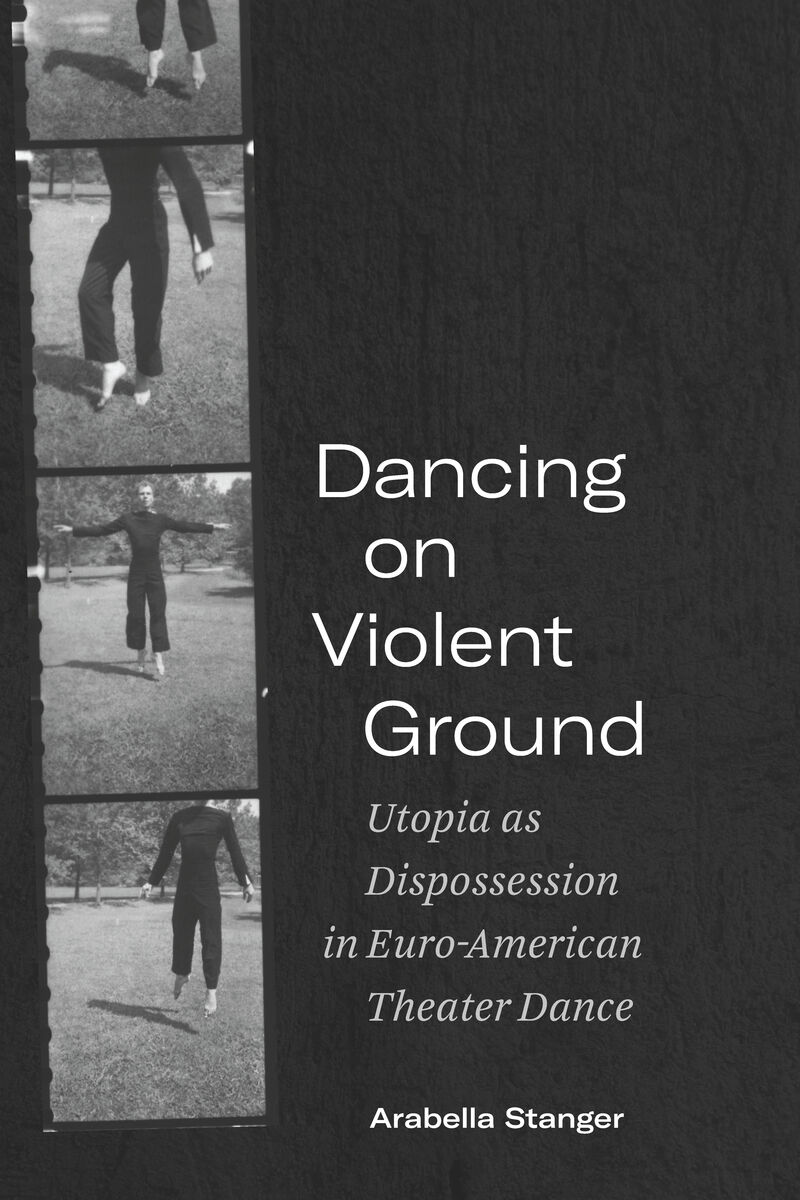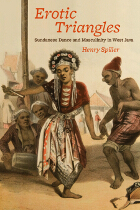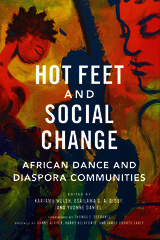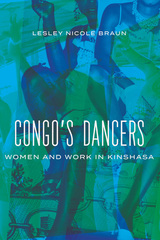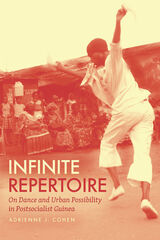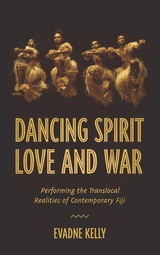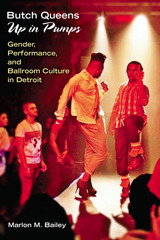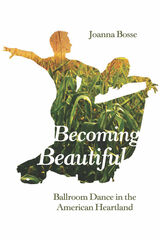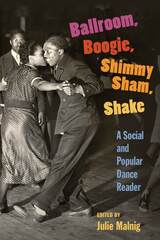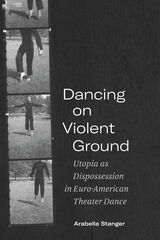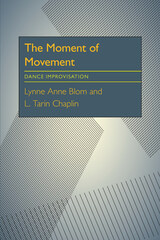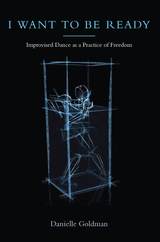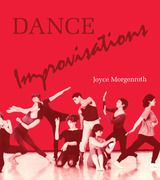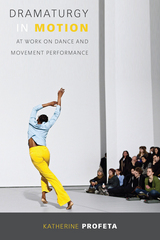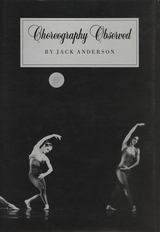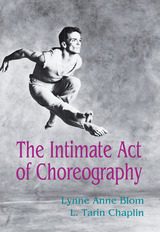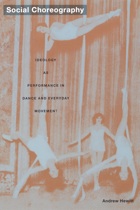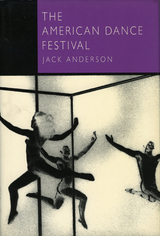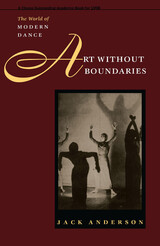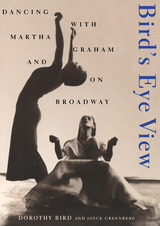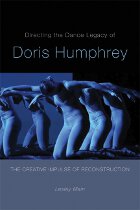Dancing on Violent Ground: Utopia as Dispossession in Euro-American Theater Dance
Northwestern University Press, 2021
eISBN: 978-0-8101-4410-1 | Paper: 978-0-8101-4408-8 | Cloth: 978-0-8101-4409-5
Library of Congress Classification GV1781.S68 2021
Dewey Decimal Classification 792.801
eISBN: 978-0-8101-4410-1 | Paper: 978-0-8101-4408-8 | Cloth: 978-0-8101-4409-5
Library of Congress Classification GV1781.S68 2021
Dewey Decimal Classification 792.801
ABOUT THIS BOOK | AUTHOR BIOGRAPHY | REVIEWS | TOC | REQUEST ACCESSIBLE FILE
ABOUT THIS BOOK
The politics of theater dance is commonly theorized in relation to bodily freedom, resistance, agitation, or repair. This book questions those utopian imaginaries, arguing that the visions and sensations of canonical Euro-American choreographies carry hidden forms of racial violence, not in the sense of the physical or psychological traumas arising in the practice of these arts but through the histories of social domination that materially underwrite them.
Developing a new theory of choreographic space, Arabella Stanger shows how embodied forms of hope promised in ballet and progressive dance modernisms conceal and depend on spatial operations of imperial, colonial, and racial subjection. Stanger unearths dance’s violent ground by interrogating the expansionist fantasies of Marius Petipa’s imperial ballet, settler colonial and corporate land practices in the modern dance of Martha Graham and George Balanchine, reactionary discourses of the human in Rudolf von Laban’s and Oskar Schlemmer’s movement geometries; Merce Cunningham’s experimentalism as a white settler fantasy of the land of the free, and the imperial amnesia of Boris Charmatz’s interventions into metropolitan museums. Drawing on materialist thought, critical race theory, and indigenous studies, Stanger ultimately advocates for dance studies to adopt a position of “critical negativity,” an analytical attitude attuned to how dance’s exuberant modeling of certain forms of life might provide cover for life-negating practices. Bold in its arguments and rigorous in its critique, Dancing on Violent Ground asks how performance scholars can develop a practice of thinking hopefully, without expunging history from their site of analysis.
Developing a new theory of choreographic space, Arabella Stanger shows how embodied forms of hope promised in ballet and progressive dance modernisms conceal and depend on spatial operations of imperial, colonial, and racial subjection. Stanger unearths dance’s violent ground by interrogating the expansionist fantasies of Marius Petipa’s imperial ballet, settler colonial and corporate land practices in the modern dance of Martha Graham and George Balanchine, reactionary discourses of the human in Rudolf von Laban’s and Oskar Schlemmer’s movement geometries; Merce Cunningham’s experimentalism as a white settler fantasy of the land of the free, and the imperial amnesia of Boris Charmatz’s interventions into metropolitan museums. Drawing on materialist thought, critical race theory, and indigenous studies, Stanger ultimately advocates for dance studies to adopt a position of “critical negativity,” an analytical attitude attuned to how dance’s exuberant modeling of certain forms of life might provide cover for life-negating practices. Bold in its arguments and rigorous in its critique, Dancing on Violent Ground asks how performance scholars can develop a practice of thinking hopefully, without expunging history from their site of analysis.
See other books on: Choreography | Choreography & Dance Notation | Dancing | Dispossession | Utopia
See other titles from Northwestern University Press
